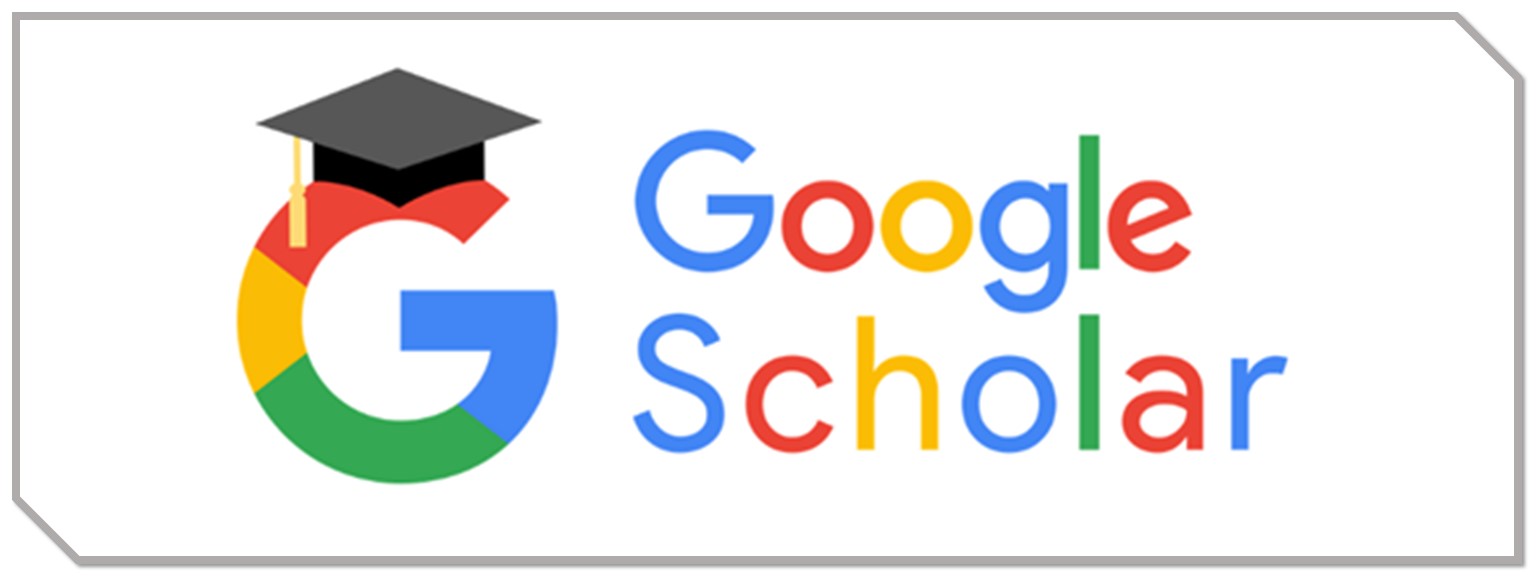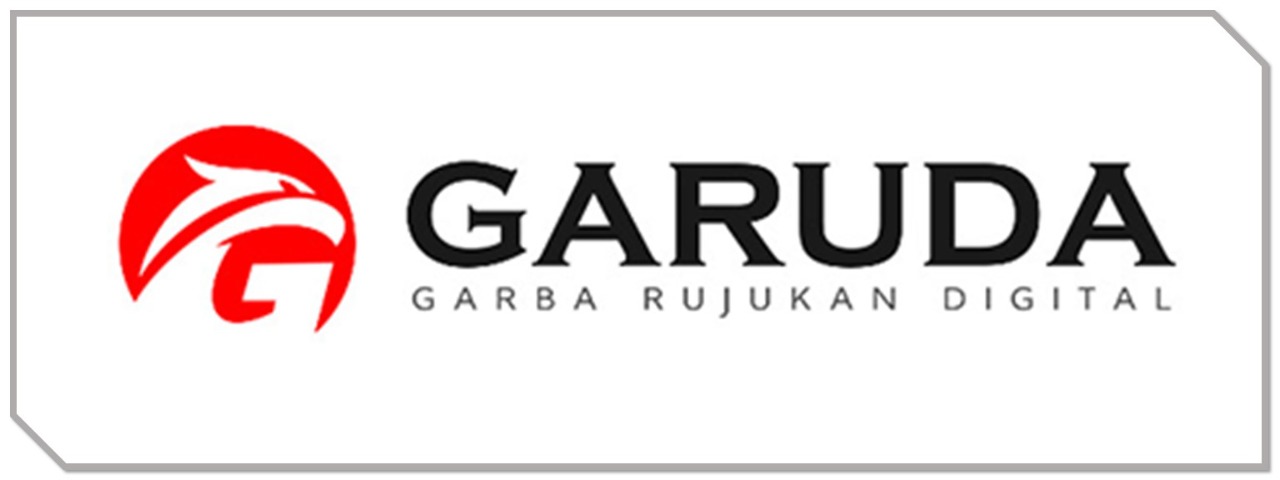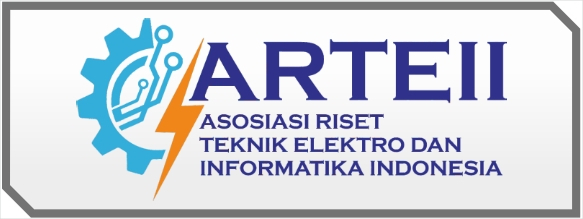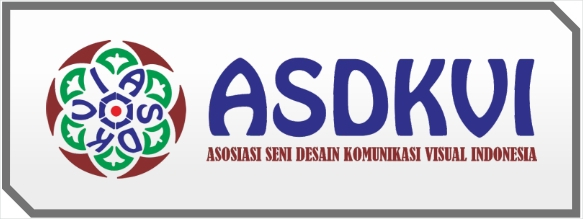Sosialisasi Platform Berbasis Teknologi dalam Meningkatkan Pemahaman Dosen dan Mahasiswa terhadap Pembelajaran Bahasa Arab di Era Society 5.0
DOI:
https://doi.org/10.55606/jpkmi.v2i2.276Keywords:
Learning platform, technology, era of society, Arabic Language TeachingAbstract
The era of society 5.0 is a time when humans must be able to maximize technology in their every activity. Meanwhile, lecturers and students at STAIN Mandailing Natal are faced with a lack of understanding of the devices and platforms that can be used in learning Arabic. Therefore, this activity is intended to strengthen the understanding of lecturers and students on various platforms that can be used in learning Arabic in the era of society 5.0. The activity is carried out in the form of seminars, the implementation technique is carried out by presenting the material which is then continued with question and answer. Data is obtained through direct interaction with assisted participants. The interaction in question is the communication carried out by the resource person before and after the presentation of the material. In accordance with the results of the activity, it is known that assisted participants have an increased understanding of several platforms that can be used in learning Arabic. This conclusion is based on the presence of a positive response to the questions asked after the presentation of the material, besides that the enthusiasm of the participants to explore and study various platforms other than those that are socialized also grows after the implementation of the activity.
References
Ajisoko, P. (2020). The use of Duolingo apps to improve English vocabulary learning. International Journal of Emerging Technologies in Learning (IJET), 15(7), 149–155. https://doi.org/https://doi.org/10.3991/ijet.v15i07.13229
Alvons Habibie. (2020). To Enhance Efl Students ’ Motivation in Learning. Jurnal Bahasa Dan Literature, 9(1), 13–26. https://doi.org/http://dx.doi.org/10.31314/british.9.1.13-26.2020
Anggraini, A. (2021). Improving Student’s Speaking Skill Using Youtube Video as Media: An Action Research. Scope : Journal of English Language Teaching, 5(2), 57–62. https://doi.org/10.30998/scope.v5i2.8406
Bahari, A. (2022). Teacher identity in technology-assisted language learning: Challenges and affordances. E-Learning and Digital Media, 19(4), 396–420. https://doi.org/10.1177/20427530221092855
Baiq Andriska Candra Permana, Hariman Bahtiar, Aswian Editri Sutriandi, Muhammad Djamaluddin, & Suhartini. (2021). Pelatihan pemanfaatan teknologi sebagai media pendukung pembelajaran untuk guru di Kecamatan Sembalun. ABSYARA: Jurnal Pengabdian Pada Masyarakat, 2(2), 230–238. https://doi.org/10.29408/ab.v2i2.4210
Buzhardt, J., Leonard, J., Ai, J., Higgins, S., Greenwood, C., Consolver, K., Walker, D., & Carta, J. (2022). Technology to Facilitate Progress Monitoring of Infant–Toddler Growth and Development: Measuring Implementation in Community-Based Agencies. Journal of Special Education Technology, 01626434221108882. https://doi.org/10.1177/01626434221108882
Facer, K., & Selwyn, N. (2021). Digital technology and the futures of education-towards “non-stupid” optimism. Background Paper for the Futures of Education Initiative, April, 1–19. https://doi.org/ED-2020/FoE-BP/27
Lahmi, A., Rahmi, Ritonga, M., Wandra, D., & Arni, T. (2021). Sosialisasi Prosfek Pendidikan Agama Islam Menuju Era Society 5.0. Jurnal Pengabdian Kepada Masyarakat MEMBANGUN NEGERI, 5(2), 272–280. https://doi.org/https://doi.org/10.35326/pkm.v5i2.1556
Lestari, S., & Santoso, A. (2019). The Roles of Digital Literacy, Technology Literacy, and Human Literacy to Encourage Work Readiness of Accounting Education Students in the Fourth Industrial Revolution Era. KnE Social Sciences, 3(11), 513–527. https://doi.org/10.18502/kss.v3i11.4031
Nurnawati, E. K., & Sutanta, E. (2018). Sosialisasi Manfaat dan Bahaya Pemakaian Teknologi Informasi di Kalangan Anak-anak di dusun Karet Bantul Yogyakarta. Jurnal Dharma Bakti-LPPM IST Akprindo Yogyakarta, 1(2), 123–132. https://journal.akprind.ac.id/index.php/dharma/article/view/304/211
Purwanti, N. K. R., Suwastini, N. K. A., Adnyani, N. L. P. S., & Kultsum, U. (2022). Youtube Videos for Improving Speaking Skills : The Benefits and Challenges According to Recent Research in EFL Context. Jurnal Pendidikan Teknologi Dan Kejuruan, 19(1), 66–75.
Qureshi, M. I., Khan, N., Raza, H., Imran, A., & Ismail, F. (2021). Digital Technologies in Education 4.0. Does it Enhance the Effectiveness of Learning? International Journal of Interactive Mobile Technologies, 15(4), 31–47. https://doi.org/10.3991/IJIM.V15I04.20291
Ritonga, M., Febriani, S. R., Kustati, M., Khaef, E., Ritonga, A. W., & Yasmar, R. (2022). Duolingo : An Arabic Speaking Skills’ Learning Platform for Andragogy Education. Education Research International, 2022, 7090752. https://doi.org/10.1155/2022/7090752
Ritonga, M., Lahmi, A., Sartika, F., Zubaidah, Z., & Annova, F. (2021). The Using YouTube and Google Drive as Arabic Learning Media at Covid-19 Period. Proceedings of the 1st International Conference on Education, Humanities, Health and Agriculture, ICEHHA 2021. https://doi.org/10.4108/eai.3-6-2021.2310751
Ritonga, M., Sobhan, Bambang, & Khadidja, S. (2022). Utilizing Technology to Improve the Quality of Learning in Indonesia : Challenges and Consequences for Arabic Teachers Arabiyât. Arabiyat : Jurnal Pendidikan Bahasa Arab Dan Kebahasaaraban, 9(1), 56–68. https://doi.org/10.15408/a.v9i1.24516
Ritonga, M., Zulmuqim, Z., Bambang, B., Kurniawan, R., & Pahri, P. (2022). SIAKAD machine learning for correcting errors in speaking Arabic. World Journal on Educational Technology : Current Issues, 14(3), 768–780. https://doi.org/https://doi.org/10.18844/wjet.v14i3.7214
Saykili, A. (2019). Higher Education in The Digital Age: The Impact of Digital Connective Technologies. Journal of Educational Technology and Online Learning, 2(1), 1–15. https://doi.org/10.31681/jetol.516971
Sevnarayan, K. (2022). Reimaging eLearning technologies to support students: On reducing transactional distance at an open and distance eLearning institution. E-Learning and Digital Media, 19(4), 421–439. https://doi.org/10.1177/20427530221096535
Taufiq, M., Baroroh TAG, N. L., Nofiyanti, E., & Anggarasari, N. H. (2022). Science Learning Training Using Information Technology in The Covid-19 Pandemic. AbdimasMu UMTAS, 1(1), 6–14. https://doi.org/10.35568/amu.v1i1.1680
Downloads
Published
How to Cite
Issue
Section
License
Copyright (c) 2022 Jurnal Pengabdian kepada Masyarakat Indonesia (JPKMI)

This work is licensed under a Creative Commons Attribution-NoDerivatives 4.0 International License.



















